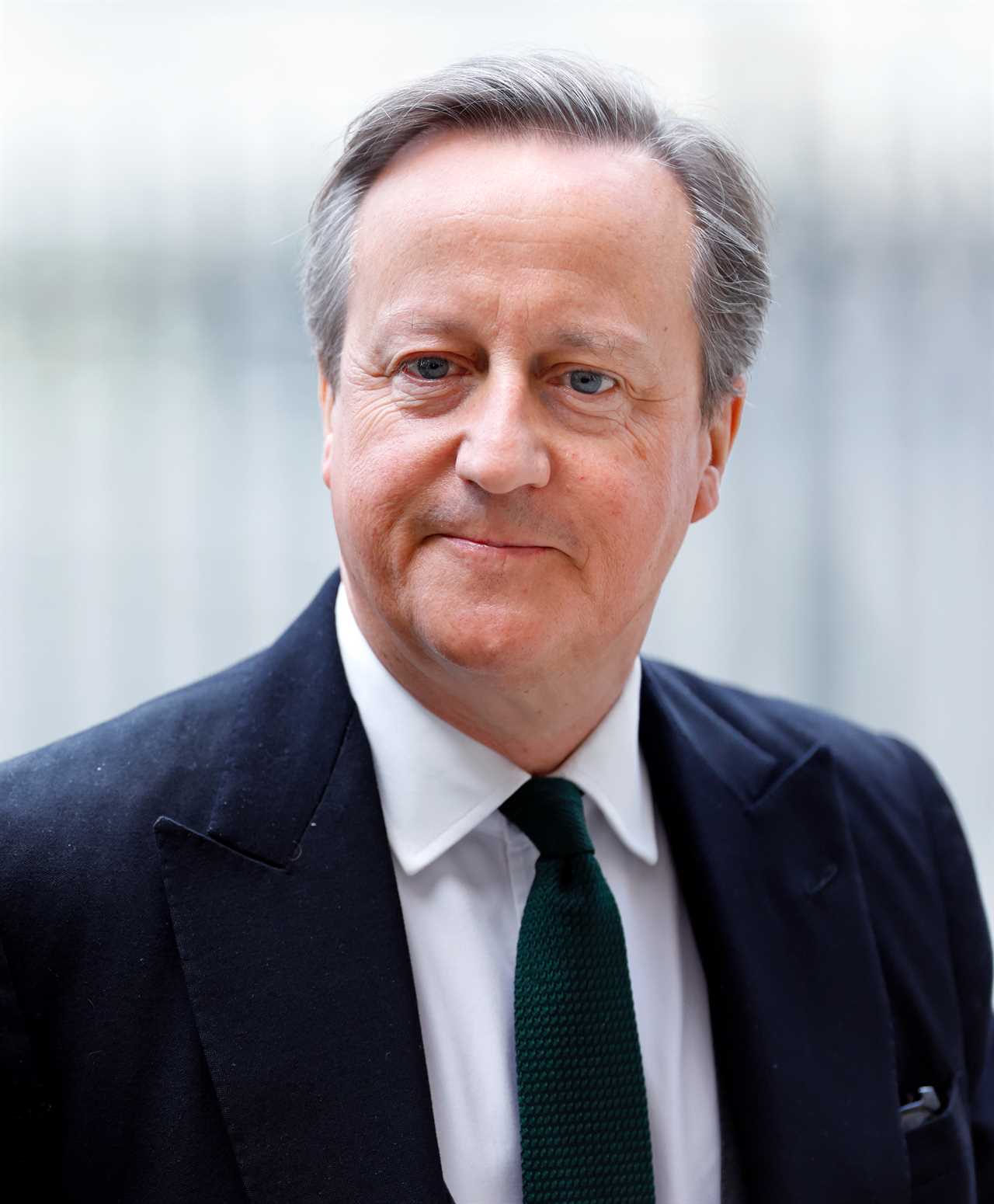
In a recent incident, former Prime Minister David Cameron was reportedly denied a new mobile phone at a Vodafone store under the premise of being "politically exposed," shedding light on the challenges faced by high-profile figures in mundane tasks. This event underscores the intricate interplay between political status and everyday interactions, revealing broader implications for individuals in positions of influence.
The wider context: Navigating Financial Regulations
The refusal of services to individuals like David Cameron due to their political exposure raises pertinent questions about the application of financial regulations in routine transactions. The concept of Politically Exposed Persons (PEPs) reflects a regulatory framework aimed at mitigating risks of corruption and illicit activities. However, the practical implications of such classifications on individuals' daily lives call for a nuanced examination of the balance between security measures and individual rights.
Structural Inequalities and Personal Experiences
Instances where prominent figures encounter obstacles in accessing basic services due to their political affiliations highlight underlying power dynamics and structural inequalities. The experiences of figures like Sir Jeremy Hunt and Liz Truss underscore how systemic factors can intersect with personal circumstances, influencing even the most commonplace activities. Such encounters reflect a broader societal dialogue on privilege, accountability, and the complexities of public life.
Guardians of Financial Integrity: Balancing Security and Inclusion
Financial institutions like Monzo, by adhering to strict regulations governing PEPs, aim to uphold financial integrity and prevent illicit activities. However, the need to navigate these regulations without impeding the democratic participation of individuals in public life calls for a delicate balance. As political figures advocate for the removal of barriers, the discourse around financial inclusion and regulatory compliance gains significance in ensuring equal access to essential services.

Challenging Assumptions and Fostering Dialogue
The incidents involving David Cameron, Jeremy Hunt, and Liz Truss prompt us to critically examine the assumptions and biases embedded within institutional policies. By engaging in conversations that challenge existing norms and advocate for inclusive practices, we can work towards a more equitable society where individuals are not unduly hindered by their political status. These episodes serve as catalysts for broader discussions on privilege, accountability, and the evolving landscape of public service.
In a statement, Monzo reiterated its commitment to political neutrality and impartiality in decision-making processes, emphasizing the importance of upholding ethical standards while navigating complex regulatory requirements. Meanwhile, Vodafone chose not to provide a comment on the specific incident involving David Cameron, highlighting the sensitivity surrounding issues of political exposure and access to services.
Did you miss our previous article...
https://trendinginthenews.com/uk-politics/the-complex-implications-of-keir-starmers-controversial-chagos-islands-agreement






